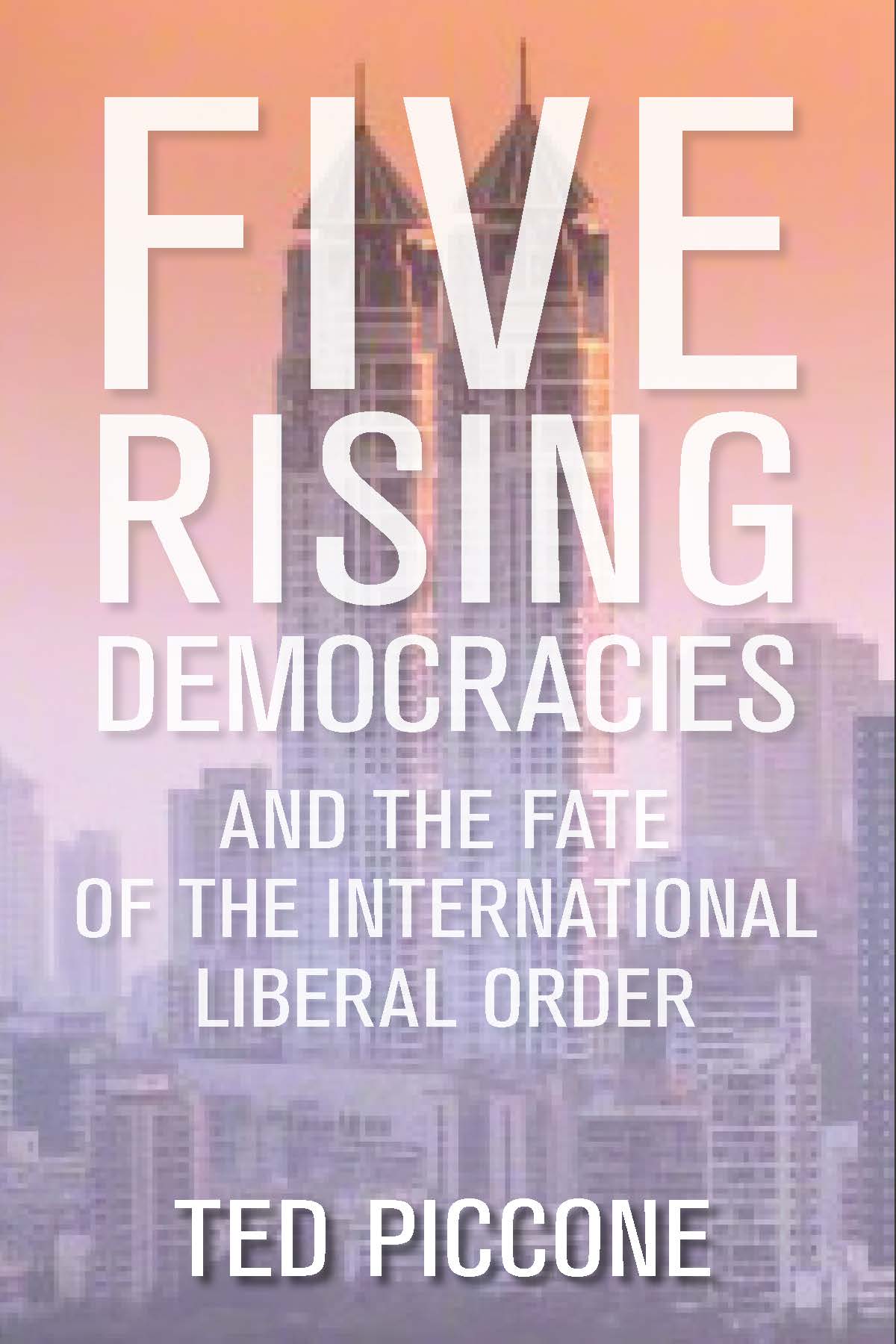

The article argues that reliance on INTOs can both enhance and constrain states' ability to promote the core principles of the LIO and concludes with a discussion of two possible paths of adaptation of this order. of liberal thought on international relations.

It applies this framework to the study of two types of INTOs-the European External Action Service (EEAS) and private military companies (PMCs)-both of which are shown to have transformational impacts on two core primary institutions of the modern state order, namely diplomacy and war. International relations theory (theories that govern relations in an international environment) have traditionally been positive (realist, liberal, and regime theory all have positivist foundations), but post-positivist theories (such as constructivist, Marxist, feminist IR theories) have emerged as a significant field of inquiry in the sub.

This allows for the presentation of a synthesis in the form of a comprehensive classical liberal theory of IR, which is very different from the current accounts of. Using organization theory and new institutionalist approaches, the article outlines a three-dimensional analytical framework to the study of emergence of interstitial organizational forms and interstitial institutional change of international institutions. T he four classical liberals had a number of common ideas on the timeless issues of international relations such as war and peace, trade, international law, and the balance of power. Faced with constraints of the core norms, rules and institutions of the LIO, states use interstitial organizations (INTOs)-new organizational forms recombining resources, rules, practices and structures from multiple institutional domains-allowing for innovative ways of delivering foreign policies. Publisher: Taylor and Francis Date of Addition: 04/01/20 Copyrighted By: Mark D.This article proposes a complementary approach to analysing destabilization of the liberal international order (LIO) and argues that such challenges are related to endogenous institutional processes within the LIO. Liberty requires a basis in shared values.Įthics, Realism and Liberalism in International Relations will be of interest to students and researchers of politics, philosophy, ethics and international relations.Ĭopyright: 2008 Book Details Book Quality: Publisher Quality ISBN-13: 9781135980993 Related ISBNs: Based on the first comprehensive analysis of the ideas by David Hume, Ludwig von Mises and Friedrich Hayek and a new perspective on Adam Smith and international relations, the analysis shows that classical liberalism differs substantially from other forms of liberalism. Policy makers must have a sense of realism about the existence of evil and its political consequences Classical Liberalism and International Relations Theory Book Description : This book calls for a reappraisal of liberalism in IR theory. The covenant approach has three essential principles:

Mark Gismondi seeks to resolve the issues in these two approaches by adopting a covenant based approach, as described by Daniel Elazar’s work on the covenant tradition in politics, to international relations theory. Liberal policy makers often suffer from moral blindness and a tendency toward coercion in the international arena, whilst realists tend to be epistemic sceptics, incorporating Nietzsche’s thought, directly or indirectly, into their theories. This book explores the complex issue of international ethics in the two dominant schools of thought in international relations Liberalism and Realism.īoth theories suffer from an inability to integrate the ethical and pragmatic dimensions of foreign policy. A major theoretical statement by a distinguished political scholar explains why a policy of liberal hegemony is doomed to fail In this major statement, the renowned international-relations scholar John Mearsheimer argues that liberal hegemony, the foreign policy pursued by the United States since the Cold War ended, is doomed to fail.


 0 kommentar(er)
0 kommentar(er)
